Thinking of Closing Your NBFC? Key Things You Must Know Before Surrendering Your RBI License
With rising regulatory compliance, increasing operational costs, and evolving business strategies, many Non-Banking Financial Companies (NBFCs) in India a...
Running an NBFC? These 3 Compliance Gaps Can Put Your License at Risk
Most Non-Banking Financial Companies (NBFCs) don’t struggle because their business model fails.
They struggle because compliance is missed, delayed, or overlooked.
In ...
India’s Fintech Boom: A ₹82 Lakh Crore Opportunity Shaping the Future of Finance
India is witnessing one of the fastest fintech revolutions in the world. With rapid digitisation, supportive government initiatives, and a tech-savvy population...
India’s Fintech Boom: A ₹82 Lakh Crore Opportunity Shaping the Future of Finance
India is witnessing one of the fastest fintech revolutions in the world. With rapid digitisation, supportive government initiatives, and a tech-savvy population...
Running an NBFC? These 3 Compliance Gaps Can Put Your License at Risk
Running a Non-Banking Financial Company (NBFC) in India is not just about lending, growth, and profitability. In today’s tightly regulated environment, compliance failures...
Many NGOs Lose Foreign Funding Due to One Missed FCRA Rule
Foreign funding can be a lifeline for NGOs working in education, healthcare, human rights, environment, and social welfare. Yet every year, hundreds of NGOs in India lose their ability to ...
Most NBFCs Are Not Ready for the ₹10 Crore NOF Deadline
The clock is ticking for Non-Banking Financial Companies (NBFCs) in India.
By 31 March 2027, the Reserve Bank of India (RBI) mandates that every NBFC must maintain a minimum Net Owned Fund...
SEBI Froze ₹546 Crore Overnight: A Wake-Up Call for the Financial Education Industry
In one of its strongest enforcement actions against a finfluencer, the Securities and Exchange Board of India (SEBI) has impounded ₹546 crore from ...
SEBI Froze ₹546 Crore Overnight: A Wake-Up Call for the Financial Education Industry
In one of its strongest enforcement actions against a finfluencer, the Securities and Exchange Board of India (SEBI) has impounded ₹546 crore from Avadhut Sathe a...
15 Warning Signs That Could Put Your NBFC License at Risk
Every year, the Reserve Bank of India (RBI) cancels licenses of several Non-Banking Financial Companies (NBFCs). Interestingly, most of these cancellations are not due to fraud, but result ...
Is CERSAI Registration Mandatory for NBFCs?
One of the most overlooked compliance areas for NBFCs is CERSAI registration. While RBI norms, customer due diligence, and credit processes get proper attention, many lenders fail to recognize that CERSA...
Are These Mistakes Putting Your NBFC at Risk?
India’s NBFC (Non-Banking Financial Company) sector continues to grow at a fast pace. But with greater opportunity comes increased regulatory oversight and risk. Many NBFCs run into serious issue...
🧭 SEBI’s New Mutual Fund Rules: A Shift Towards Clarity, Simplicity & Investor Confidence
To strengthen investor protection and simplify mutual fund structures, the Securities and Exchange Board of India (SEBI) has proposed a series of ...
SEBI’s New Co-Investment Vehicle (CIV) Framework: A Game Changer for India’s Private Capital Market
In a major regulatory development, the Securities and Exchange Board of India (SEBI) has introduced the Co-Investment Vehicle (CIV) str...
RBI Slaps Penalty on Shriram Finance: A Strong Signal to NBFCs and Fintechs
In a recent move, the Reserve Bank of India (RBI) fined Shriram Finance Limited, one of India’s major NBFCs, for violating digital lending regulations. Thi...
Considering Buying an NBFC? Here's Your Step-by-Step Guide to a Successful Acquisition
Purchasing a Non-Banking Financial Company (NBFC) can open new doors for your business — offering access to lending operations, financial licenses, an...
When setting up an Alternative Investment Fund (AIF), one of the most critical decisions is choosing the right legal structure. Should you go for an LLP, a Company, or a Trust?
Let’s break down why most AIFs prefer the Trust route.
Why Fu...
India’s MSME (Micro, Small, and Medium Enterprises) sector continues to expand rapidly, playing a vital role in the nation's economic growth. However, despite its potential, access to formal credit remains limited, particularly for loan amo...
Staying compliant with SEBI (Securities and Exchange Board of India) regulations isn’t just a legal formality — it’s a reflection of your company’s corporate governance and credibility in the market.
For listed companies, a...
The SARFAESI Act (Securitisation and Reconstruction of Financial Assets and Enforcement of Security Interest Act) is a powerful legal tool that enables NBFCs to recover bad loans without lengthy court proceedings.
Who Can Use It?
NBFCs with an ...
Driven by the rapid rise of digital payments and widespread technology adoption, India's Fintech sector is on an explosive growth trajectory.
For entrepreneurs looking to establish a Fintech company, navigating the regulatory, legal, and opera...
The Reserve Bank of India (RBI) has released draft guidelines on gold loans, aimed at improving transparency and regulatory consistency in the sector. While these new norms bring much-needed clarity, they also introduce stricter compliance requiremen...
With increasing regulatory scrutiny, fintech startups and NBFCs must ensure alignment with global and local data protection laws to remain competitive and trusted:
Key Regulations to Watch:
→ GDPR – Emphasizes a consent-first approac...
The Reserve Bank of India’s (RBI) revised Net Owned Fund (NOF) requirements will impact thousands of NBFCs across India. Whether you operate as an NBFC-ICC, NBFC-MFI, NBFC-Factor, or a Type I NBFC, understanding these regulatory changes is cruc...
On October 4, 2024, the Reserve Bank of India (RBI) issued a Draft Circular titled "Forms of Business and Prudential Regulation for Investments" that seeks to amend the extant Master Direction—Reserve Bank of India (Financial Services...
India’s fintech ecosystem has rapidly evolved into one of the most dynamic and innovative sectors in the world. While payments, digital banking, and other services have played an important role, lending has emerged as the primary driver of prof...
In today’s rapidly evolving financial landscape, co-lending has emerged as a significant force reshaping how loans are disbursed in India. The model, which enables banks and Non-Banking Financial Companies (NBFCs) to jointly disburse loans, has...
On August 16, 2024, the Reserve Bank of India (RBI) issued a notification announcing significant revisions to the Master Direction – Non-Banking Financial Company – Peer to Peer Lending Platform (Reserve Bank) Directions, 2017 (‘Dir...
Introduction
Non-banking financial companies (NBFCs) play a quintessential role in bridging the credit gap within economies worldwide, especially in the dynamic financial background of 2024. The rapid development and diversification of NBFCs ensur...
Imagine being able to withdraw cash from an ATM without using your card or deposit cash using only your smartphone. Thanks to the efforts of the National Payments Corporation of India (NPCI) and the Reserve Bank of India (RBI), this is now possible w...
The fintech industry has seen remarkable growth in recent years, reshaping how financial services are delivered and accessed. However, this rapid evolution has presented a plethora of regulatory challenges, given the intersection of finance and techn...
In India, Micro, Small, and Medium Enterprises (MSMEs) and retail borrowers constitute a significant portion of the economy, yet access to formal financing remains a challenge. However, the emergence of co-lending partnerships between Banks and Non-B...
In the intricate ecosystem of finance, small Non-Banking Financial Companies (NBFCs) often find themselves navigating a landscape fraught with operational challenges. These hurdles, stemming from limited resources and scale, can impede growth and sus...






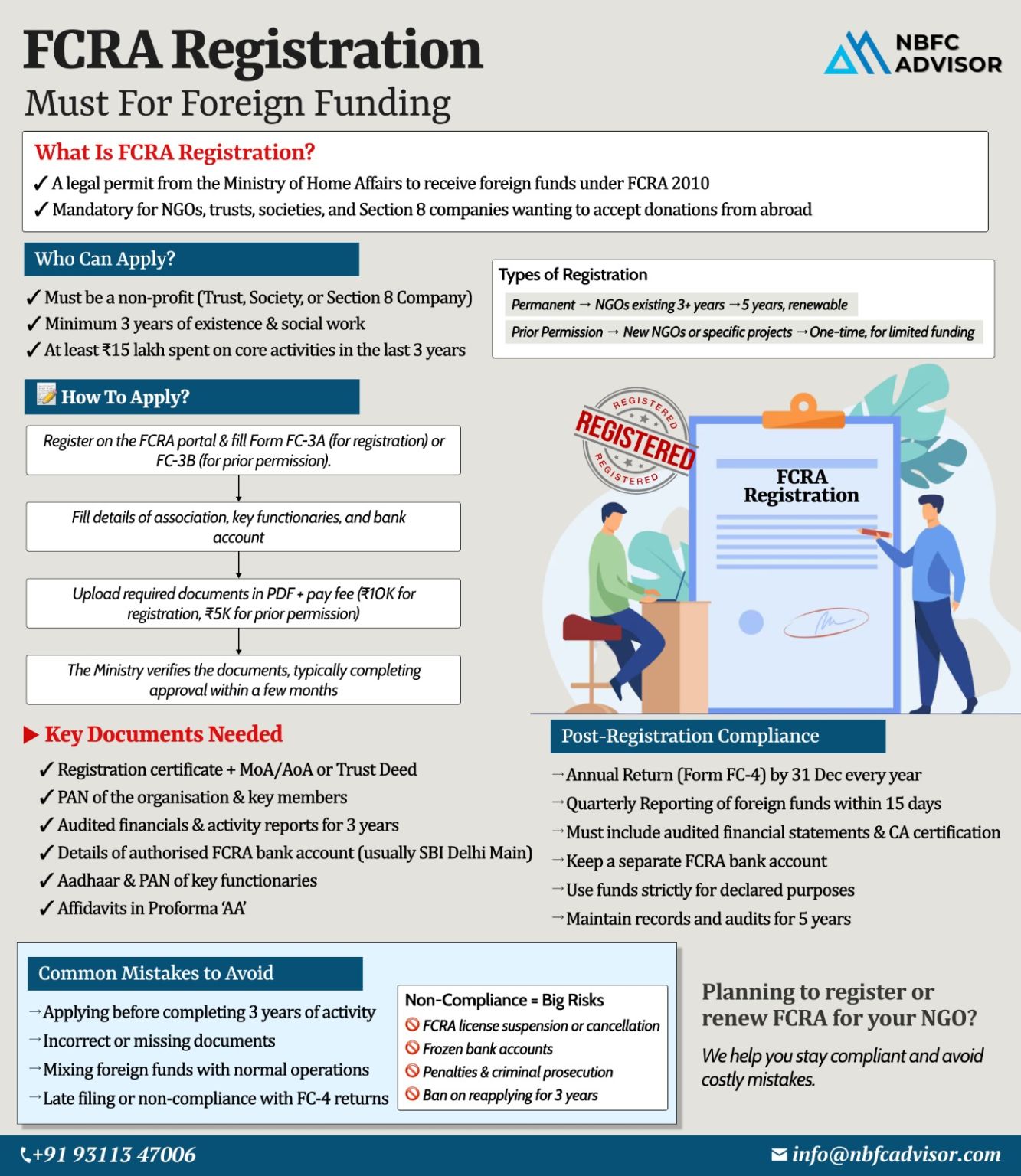



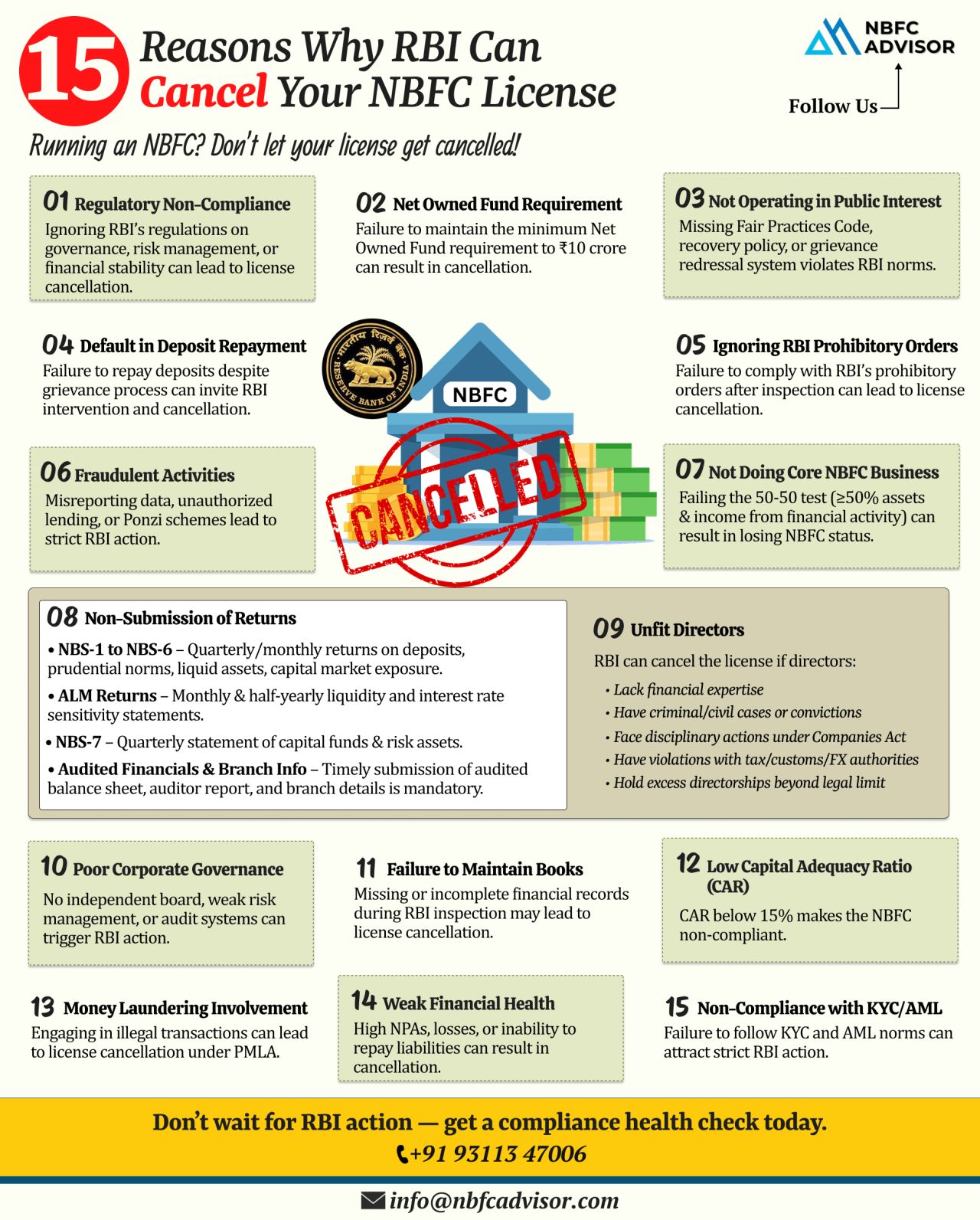
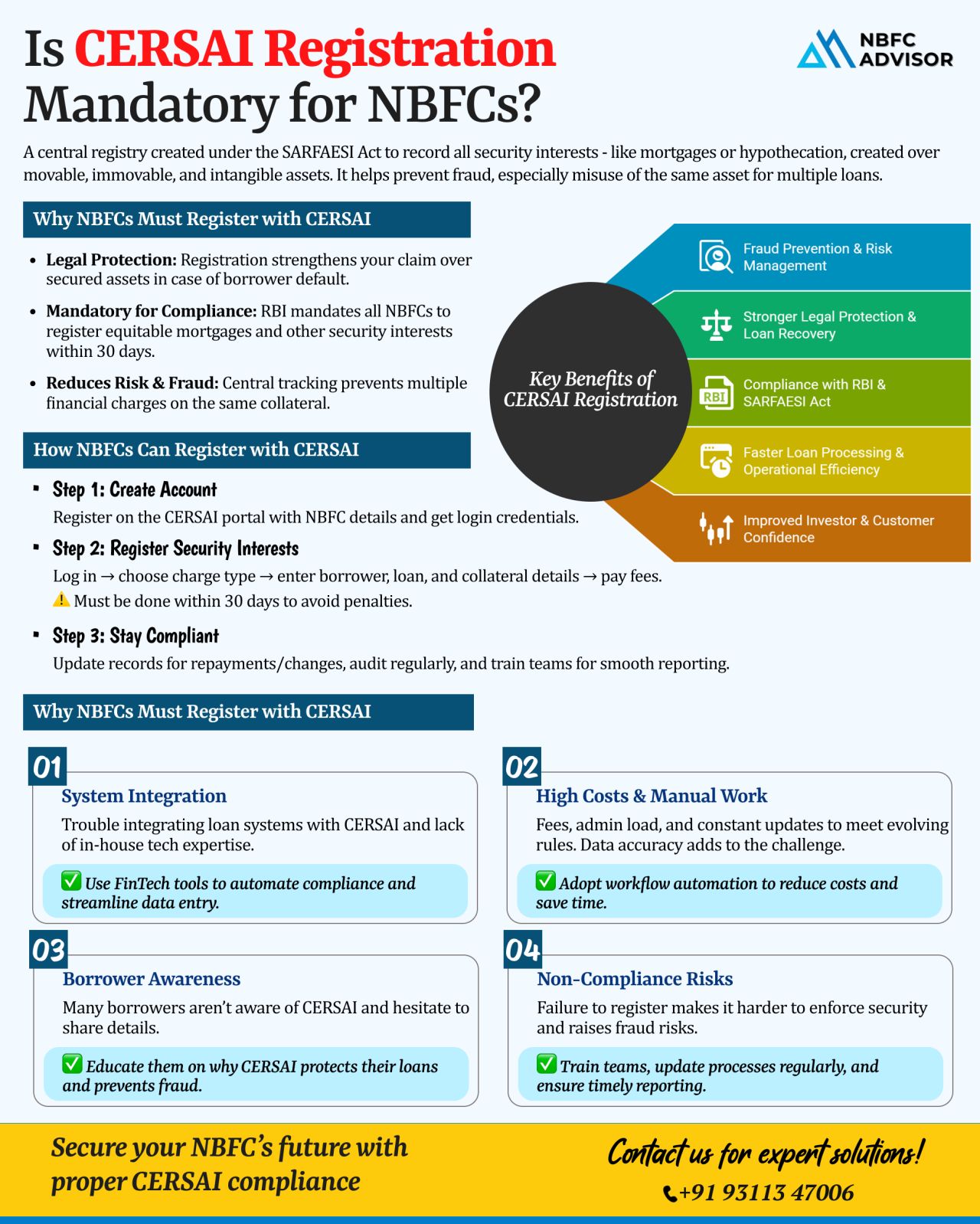
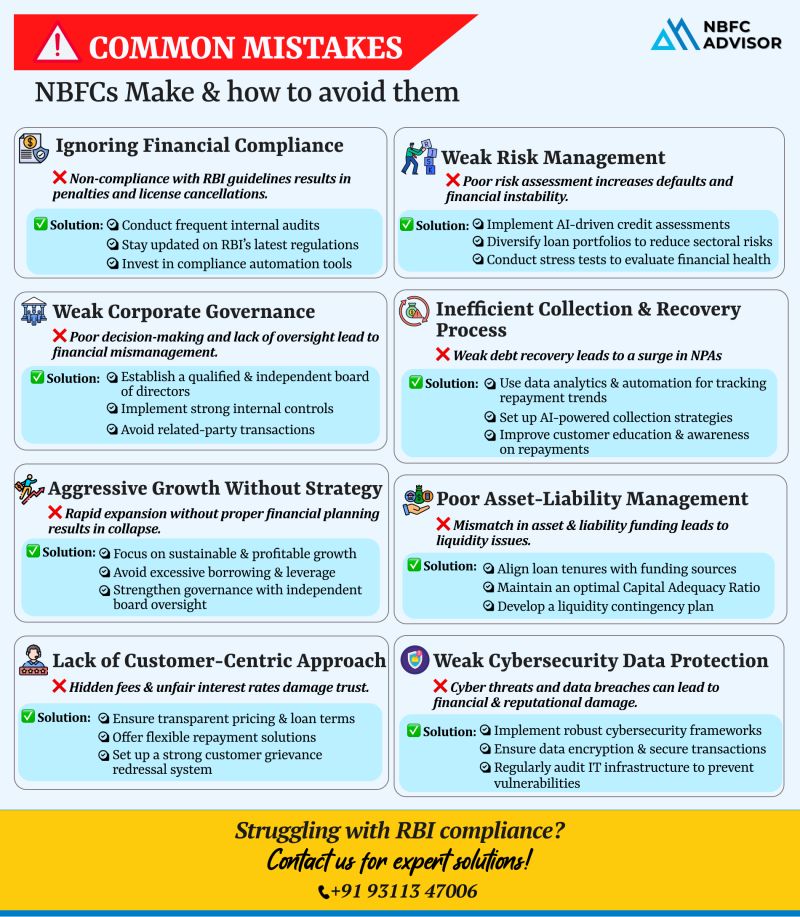

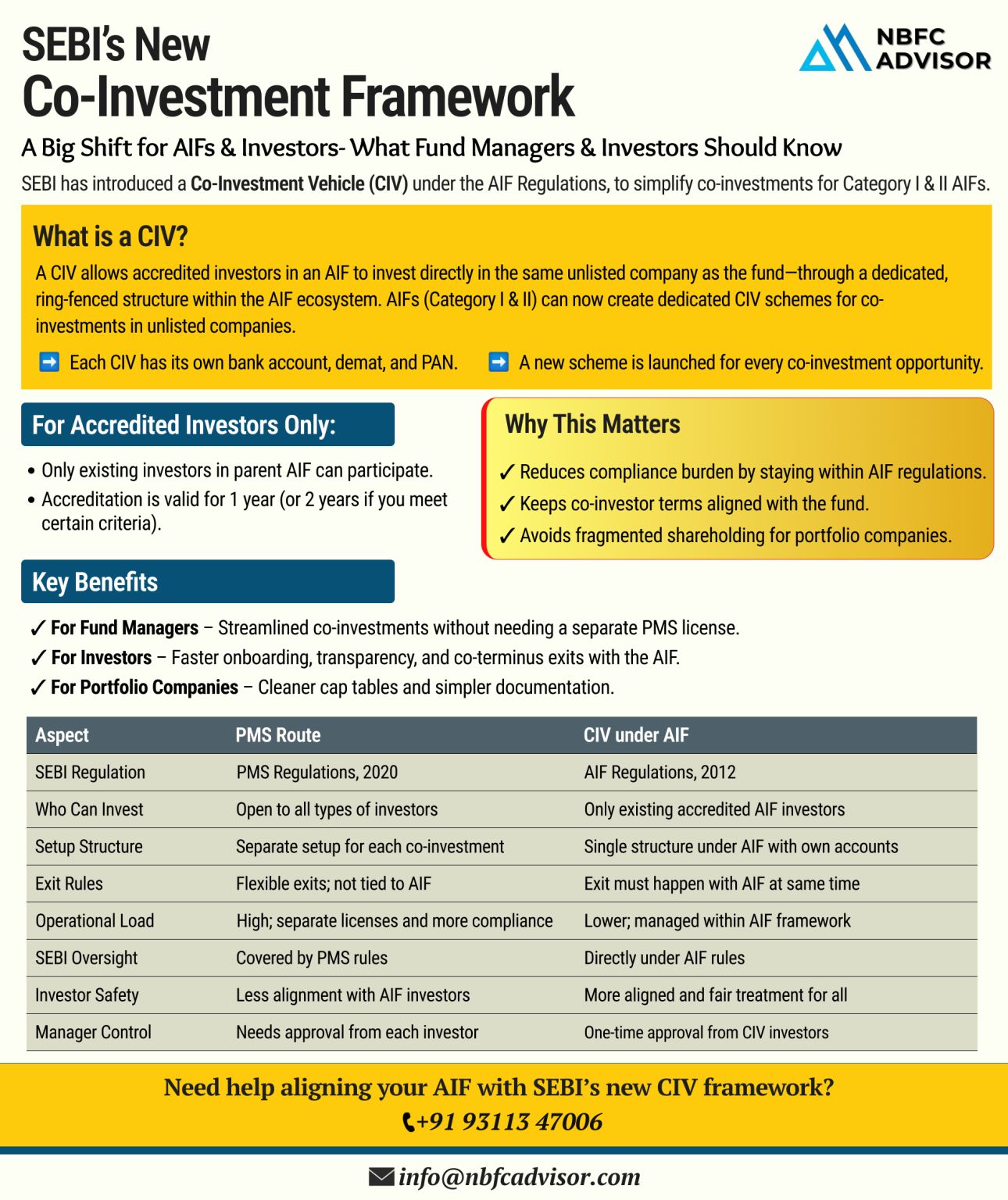
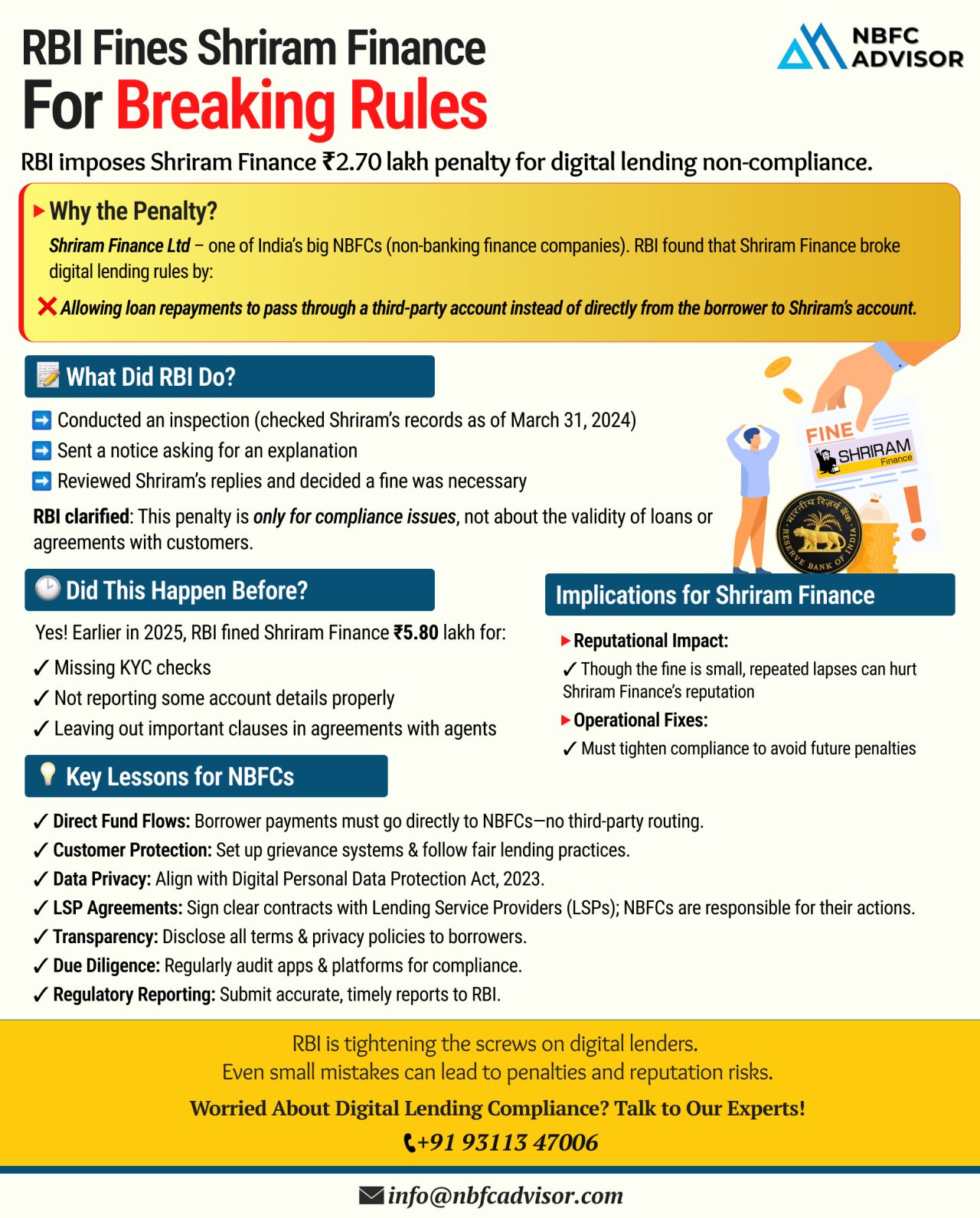
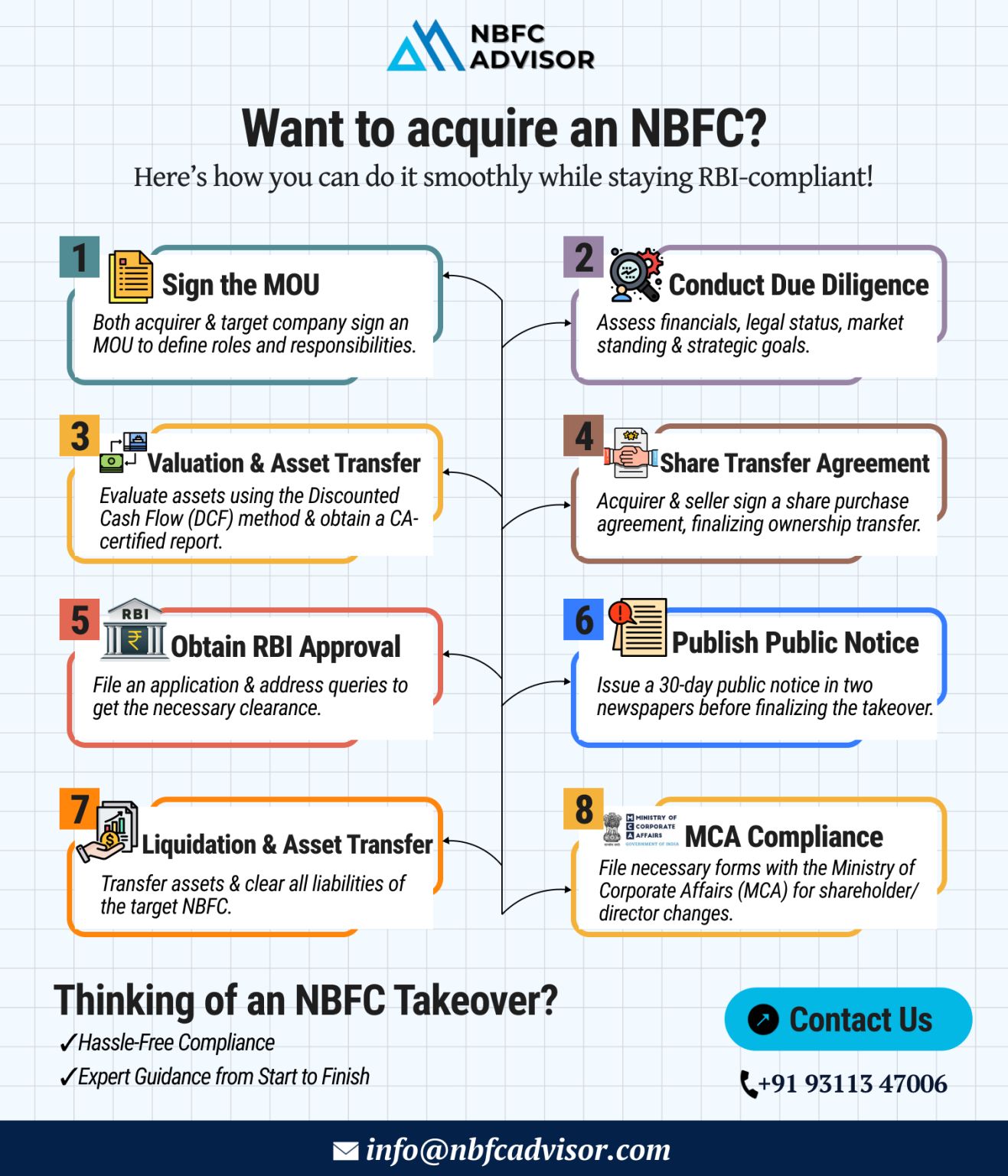
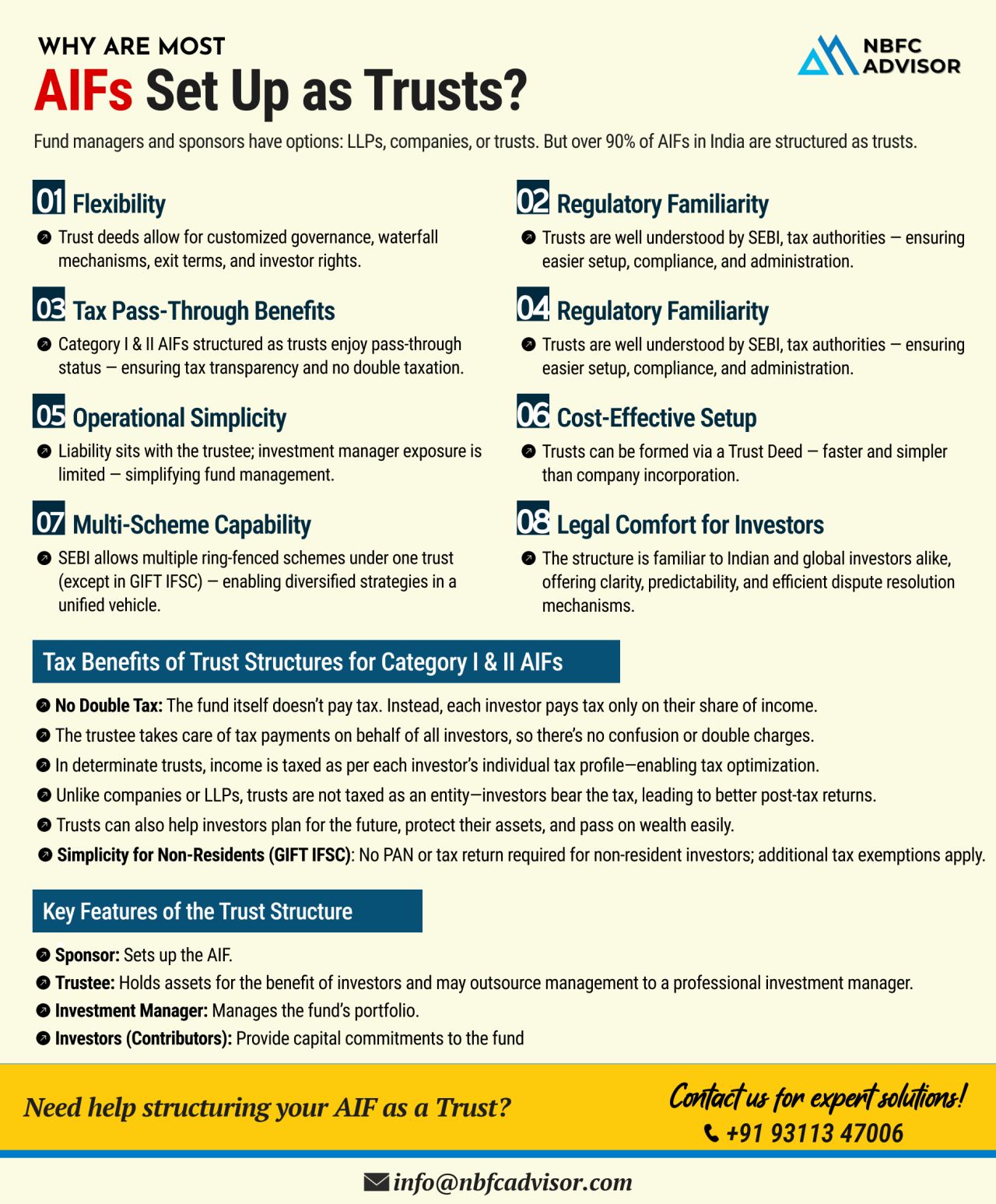







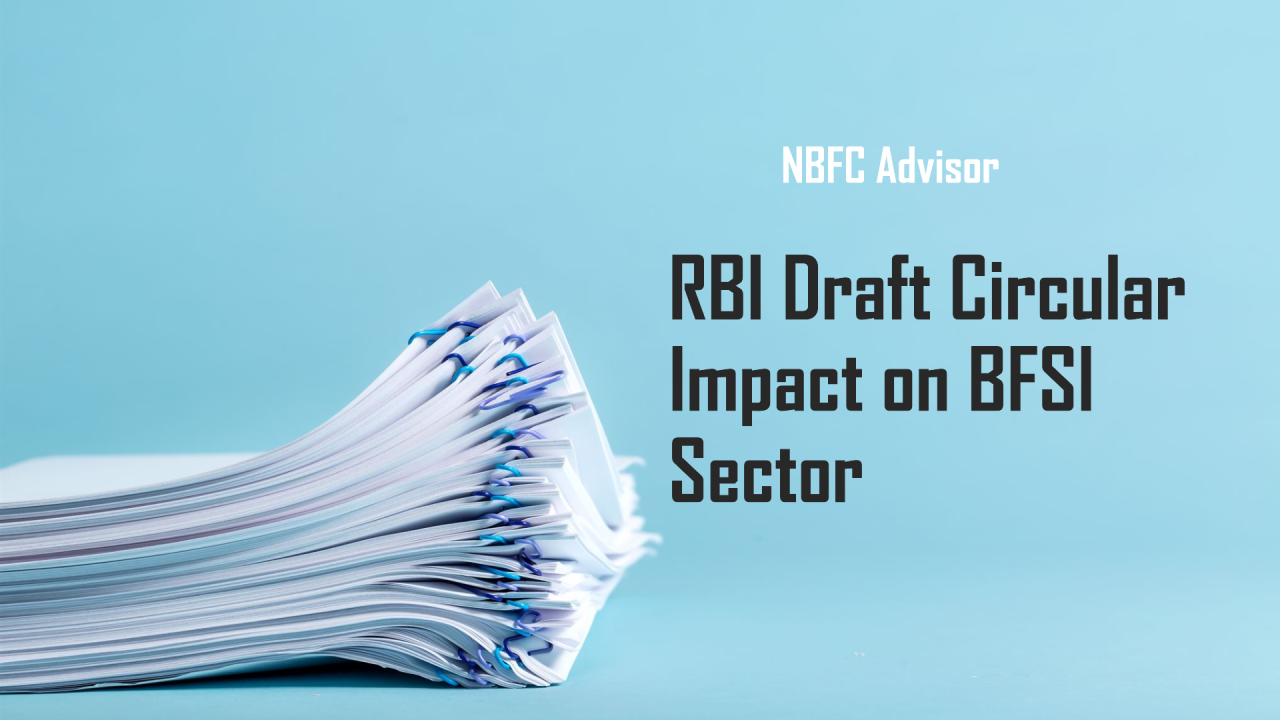

.jpeg)
.jpeg)

.jpeg)
.jpeg)
